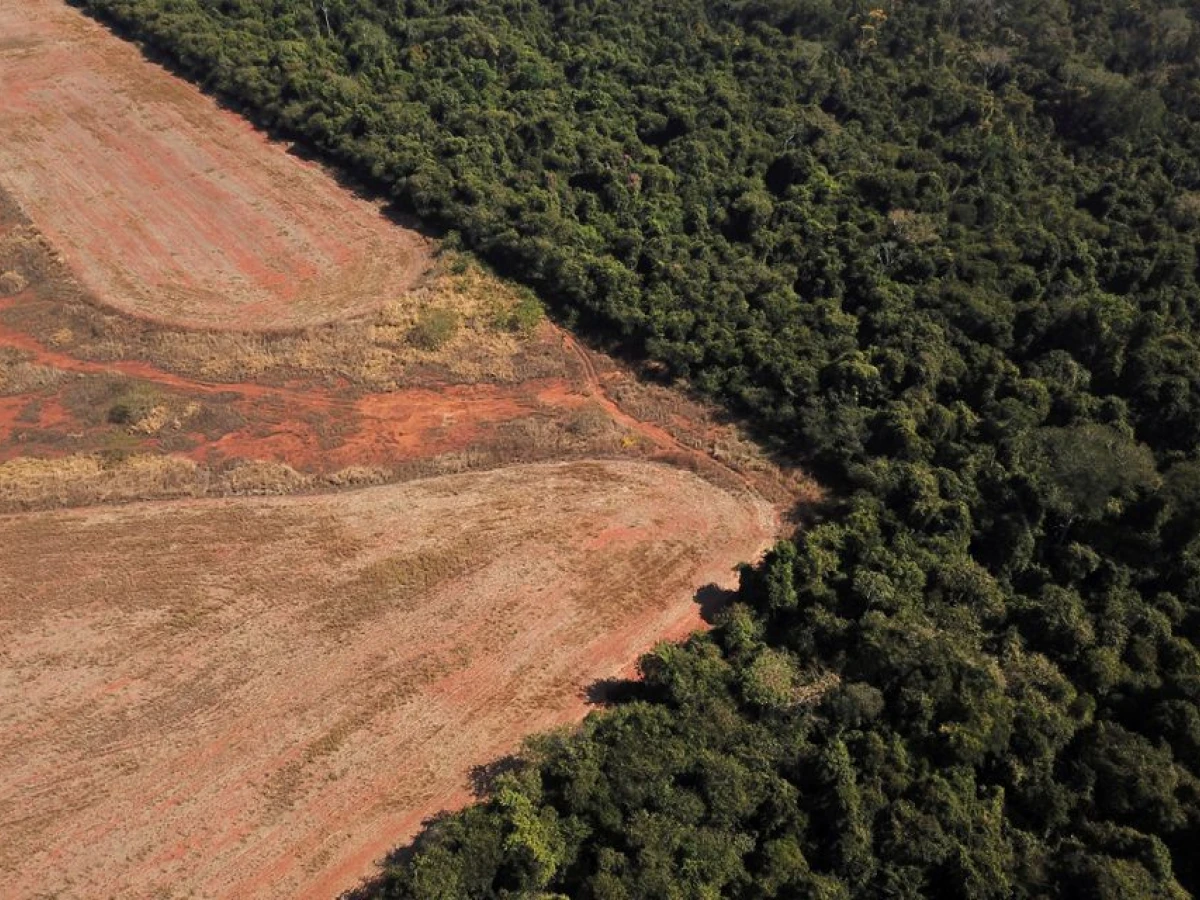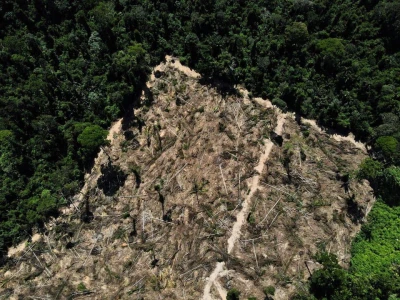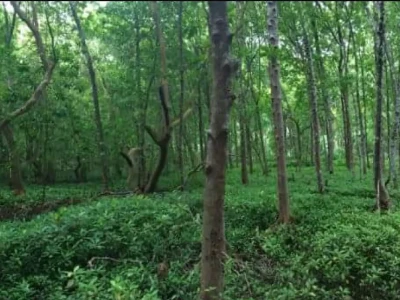
Deforestation in Brazil's Cerrado savanna hits seven-year high
The European Union recently agreed on a law to prohibit companies from selling agricultural products linked to deforestation.
SAO PAULO/MONTREAL, Dec 14 (Reuters) - Deforestation in Brazil's Cerrado savanna rose to a seven-year high, government data showed on Wednesday, destroying a vital habitat for threatened species and releasing huge amounts of greenhouse gases that drive climate change.
Destruction of native vegetation rose 25% to 10,689 square kilometers (4,127 square miles) – an area larger than Lebanon. The data from space research agency Inpe is for the 12 months through July, compared with the previous period.
Reuters first reported on Tuesday the surging destruction of the biome, citing sources. Brazil's official deforestation statistics run from August to July to minimize clouds obscuring the destruction.
The Cerrado, the world's most species-rich savanna, has given way to Brazil's expanding agricultural frontier for decades. Roughly half of the savanna's vegetation has already been destroyed, with much of it converted to farms and ranches.
The European Union recently agreed on a law to prohibit companies from selling agricultural products linked to deforestation, which would apply to the Amazon rainforest but excluded much of the Cerrado.
Asked about rising Cerrado destruction, EU Environment Commissioner Virginijus Sinkevicius said protections could be expanded.
"We have a review clause in just one year, we will have a look at it," he said in an interview at the U.N. COP15 nature summit. "If we see patterns shifting to other ecosystems, we will be able to react relatively quickly."
Countries at COP15 in Montreal aim to strike a deal to protect areas rich in biodiversity like the Cerrado. But with the summit set to end on Dec. 19, negotiators still disagree on some 200 points, according to conference documents.
"What we eat and how we produce our food are the main drivers of this large-scale obliteration," said Jean-Francois Timmers, a policy expert for environmental advocates WWF.
"We need COP15 negotiators to prioritise ending deforestation and conversion in areas where the yearly rate of ecosystem losses prove alarming, like the Cerrado."




